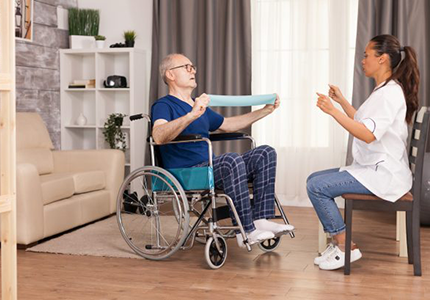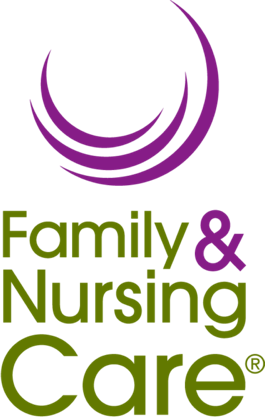
The first 48 hours after discharge from a hospital or rehab are critical to the safety and health of patients.
This small window of time is when they are at their weakest, and at greatest risk for a fall or other adverse event, resulting in a return trip to the hospital. Preventing hospital readmissions following discharge greatly improves the quality of life for patients and saves our partner hospitals a tremendous amount of money. Yet, there is often a gap in care from the time that a patient is released from the hospital until their rehabilitation or Medicare services begin.
Importance of Proper Care
When Family & Nursing Care conducted a “Skilled Nursing Facility to Home” pilot program in conjunction with Nexus Montgomery, we learned that patients often experienced delays in getting home health care started following discharge due to the bureaucracy for home health agencies in helping a new patient or client. Those delays couldn’t come at a worse possible time – not having the proper care in those critical first days at home can lead to readmission.
Some of the things that patients and their families often don’t consider until being released from the hospital or rehabilitation facility – a time when they may already be feeling overwhelmed – include:
- Once home who is going to pick up the patient’s medications and remind the patient to take them?
- Is there adequate food in the house? How will the patient prepare their meals, especially in the first most critical days?
- Is the patient able to safely bathe and dress themself?
- If the patient wakes in the middle of the night to use the bathroom, are they at risk for a fall?
And this list goes on … The reality is that most patients don’t have a loved one who is able to be there to help them with these activities of daily living (ADLs) in the days following being released from the hospital and, in their weakened state, patients often cannot complete these tasks themselves.
In addition to falls and poor nutrition and hydration, there are three main reasons most patients are re-admitted to the hospital:
- Missed follow-up visits
- Difficulty complying with their medication schedule
- A poor understanding of “red flag” symptoms – e.g., edema, shortness of breath, and fever
Though they have little control over these human behaviors leading to readmissions, hospitals are being penalized with reduced payments from Medicare for readmissions. The good news is that many of these issues can be addressed with in-home care. During the first 48 hours post discharge, when there is the most confusion and misunderstanding of needs and instructions, there is a dramatic difference in successful transitioning between patients that utilize home care services than those who do not.
Family & Nursing Care helps clients receive the crucial care they need as they transition home from the hospital. In fact, seventy-five percent of those who use Family & Nursing Care’s services need in-home care within 48 hours, and we are nimble enough to get a Caregiver in the door within that immediate timeframe. Whether the patient requires assistance for just those first few crucial days at home, or they are seeking care on a longer-term basis, Family & Nursing Care can help and requires no upfront deposits or long-term commitments. This flexibility and responsiveness are only the beginning of what makes Family & Nursing Care revolutionary.
The Results
Getting a dedicated Caregiver on board to help with the transition home from the hospital or rehab can make a world of difference for patient outcomes. Caregivers not only help manage tasks of daily living, but can also help clients digest all of the information thrown at them upon discharge from the hospital. Caregivers can also help effectively manage the patient’s specific needs by ensuring they adhere to a special diet, practice breathing techniques and required exercises, remind them to take medications on time, and more. Many Caregivers have used their extensive background knowledge and training to recognize “red flag” symptoms for a client. As a result, issues that commonly arise post hospital discharge are identified early and can often be treated at a lower level of care. When hospital readmission statistics are lowered, everyone wins.






